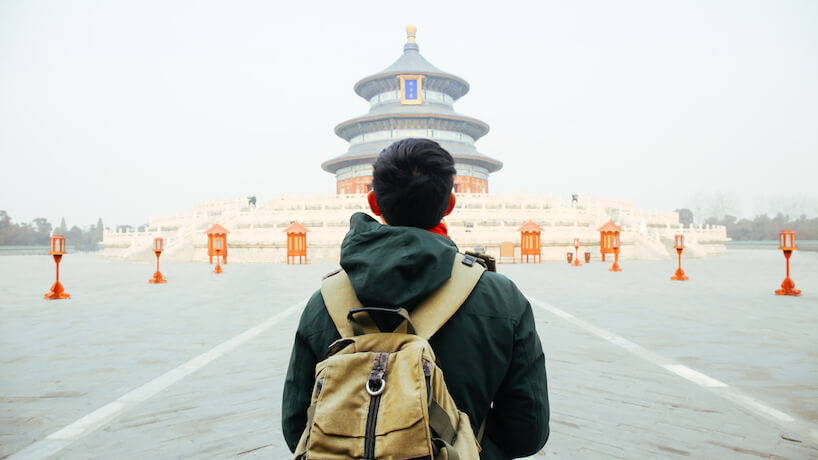When PCMA acquired the Incentive, Conference, & Event Society Asia Pacific (ICESAP) this summer, Michelle Crowley, PCMA’s senior director of global strategy, added a new trip to her calendar: the ICESAP Annual Conference in Shanghai on Sept. 6–8. The program featured three days of education from experts at leading organizations such as Microsoft, Google, and Oracle. In addition to learning about the issues and trends shaping the business-events industry in Asia-Pacific, Crowley’s visit to China’s biggest city sent her home with practical lessons for business travelers. If you’re preparing for your first experience doing business in China, consider these four tips for a smooth trip.
1) Don’t fear the paperwork process. Going to China isn’t as simple as purchasing a plane ticket. You’ll also need to apply for a visa to visit the mainland. However, that application isn’t overwhelming. “It’s an easy process,” Crowley said. “I had a letter from the organizing group to support my visit, but you can also apply without that additional documentation.”
Crowley dropped off her application at the Chinese consulate in Chicago and picked up her approved visa the following week. A 10-year visa costs $140. For more information on applying for a visa to visit China, go here.
2) Talk to your IT team. Getting a visa before you go is fairly simple, but using your mobile device once you land can be a bit more complicated. Many of the websites you visit every day in the U.S. — such as Google, Facebook, and YouTube— are blocked in China. “It’s important to consult your IT team for assistance before you travel,” Crowley said. “They can help you install a VPN connection for easy use while you’re there.”
VPNs — virtual private networks — can help users navigate firewalls and access the sites they use on a regular basis. You’ll want to install the software before you land, though. While VPN apps are available in the U.S., Apple removed them from its China store earlier this summer. Looking ahead, VPN access in China will continue to be more challenging. Bloomberg News reported that China’s government ordered the country’s state-run mobile carriers to block access by February 2018.
3) Relax. While internet censorship may sound a bit overwhelming for travelers who are accustomed to having complete access to all types of content, Crowley highlighted that Shanghai is comfortable and secure. “I felt so safe,” Crowley said. “Shanghai is a lively city, and I felt at ease walking alone at night. There’s a good police presence, too.”
4) Taxis can be challenging. You may be able to get your mobile device to work properly, but you won’t be able to do anything with your Uber app. Instead, you’ll most likely count on taxis, and that might be challenging if you aren’t fluent in Mandarin. “Many people in Shanghai speak English, but there is still a significant gap for some taxi drivers,” Crowley said. “And even when you search for an address on your phone, it will come up in English. So, you can’t simply show them where you want to go.”
Crowley said that most hotels will give guests a card with the address written in Mandarin to avoid potential confusion. However, relying on the hotel staff for every destination can create some headaches, too. Consider downloading Didi Chuxing, the Chinese equivalent to Uber. In May, the company announced an English-language version of its app would be available in Beijing, Shanghai, and Guangzhou, with more cities on the way. The app offers instant text translation between English and Chinese.
However, you don’t have to rely on quick-answer technology to make your experience easier. Give yourself some bonus points with a real introduction to the language by downloading Duolingo and Google Translate, two free mobile apps that can fuel your ongoing education. “No matter where you’re going,” Crowley said, “it’s important to at least learn a few essential words in the local language.”
Up Next: Gaining Government Approval for Your Meeting
Your personal travel documents and communication issues aren’t the only concerns that should be on your mind. If you’re traveling to explore options for hosting a future meeting or conference, you’ll need to understand the process for securing a permit from the government. Stay tuned to pcma.org for additional coverage on how to navigate the permit process.

